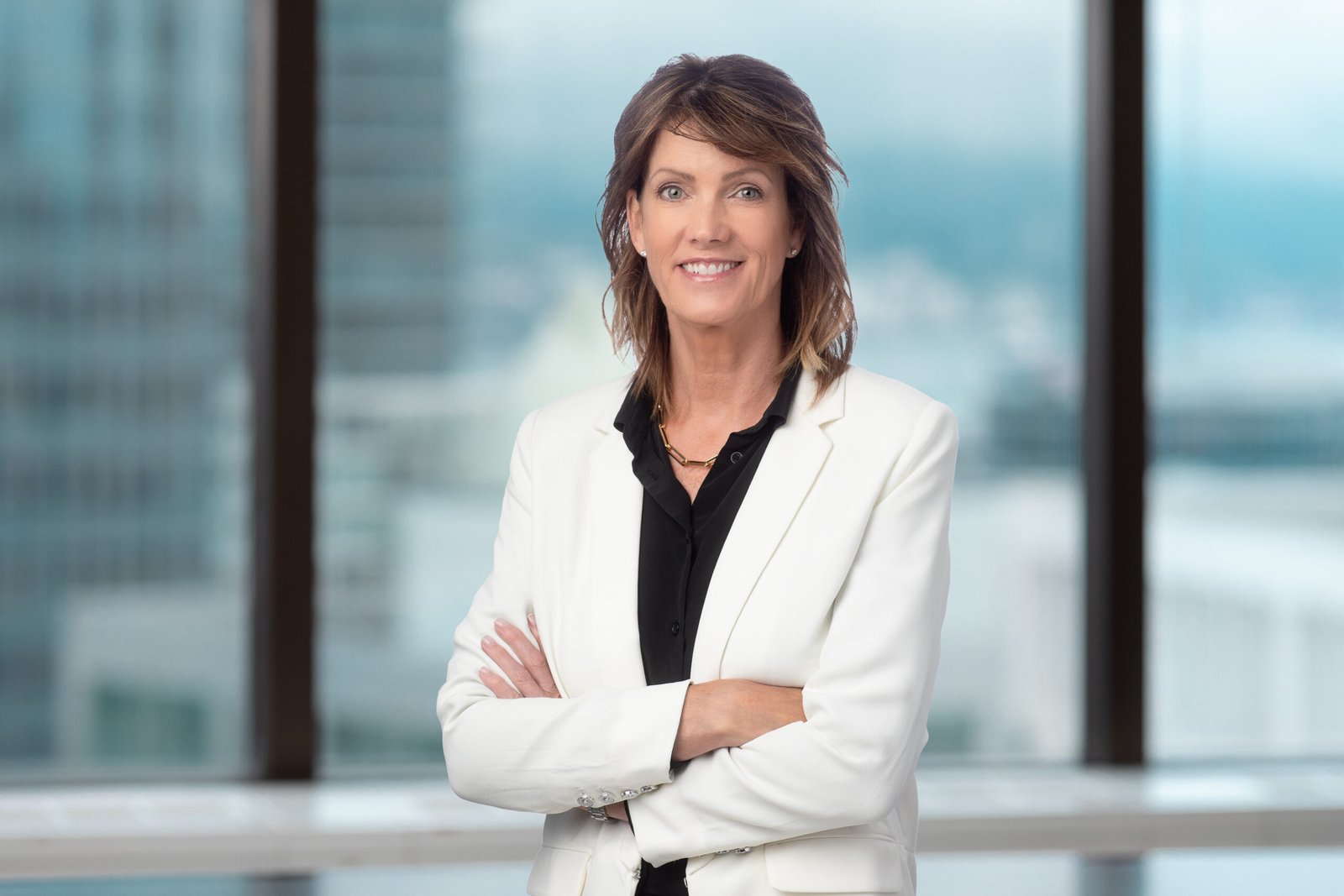A new alliance of energy traders has taken root in the MENA region, determined to make MENA into a major global center of low-carbon commodity trade.
The Zero Emissions Traders Alliance (ZETA), founded just last year, is already drawing the roadmap.
Peter Terium, Chief Executive Officer, ENOWA, has assumed chairmanship of the Advisory Board to build the organization during the next two years. He addressed the group’s first meeting in Vienna this month, where executives of 10 European and MENA-based companies gathered to begin work on its agenda.
Terium set the tone when he acclaimed the region’s remarkable energy resources and its leaders’ long-term commitment to new sustainable energy. But he made clear that success in the new energy will require the rise of new commodity markets to facilitate its trade.
As the gathered executives took their turns speaking they came to consensus around this core belief. While renewable energy and new low-carbon fuels are being developed, they will not gain significant impact until they gain the leverage provided by global markets.
These markets, which operate independently of the actual commodity trade, should be global in nature and centered in MENA.
Beginning to flow
There is no doubt MENA is off to a good start in the new energy. Its ambitious goals and its stable, customer-focused business climate show that the region is committed to sustainable energy for the long-haul.
This commitment is matched by its remarkable resources. For his part, Peter Terium hailed the remarkable combination of daytime solar power and thermal wind at NEOM, where the world’s largest green hydrogen factory is under construction. Saudi Aramco has its own growing balance sheet of low-carbon hydrogen projects.
Location, land, and financing are being made available in Saudi Arabia, the UAE, Oman, Egypt and elsewhere. The countries also enjoy large potential for carbon storage, an important factor as they begin initial steps in the development of carbon markets.
Saudi Arabia is just at the start of a carbon pricing scheme with its Greenhouse Gas Crediting and Offsetting Mechanism (GCOM). The UAE has recently adopted legislation to establish a national register for carbon credits.
So the carbon-free molecules are beginning to flow, albeit at a low level.
From Vienna to MENA
Why did we meet in Vienna?
In Vienna, we looked at the future connections of two great regions, not necessarily in physical trade, but in the movement of markets.
First for carbon, because the region has already made important first steps in the trade of carbon. We will continue to work with ministries and market actors to build participation in regionally-based carbon markets that set the price of CO2, laying the basis for decarbonization throughout entire economies.
At the same time, we will strive to create commodity markets for the new low-carbon and net-0 fuels that are inevitably coming to market. They will be made in MENA, and used in MENA in new industrial development, while their trade on global commodity markets will help to decarbonize Europe.
But our concern is not simply with the export of green molecules to Europe, although there will be some of that. What’s more critical is to start the movement of financial flows and to make MENA the center of that.
ZETA will begin with work on the standardization and transparency required for markets to function. We will create templates for certificates that are fungible in Europe and worldwide, creating products that reflect rules in America and Asia.
In two to three years, we can create a book and claim system for carbon. Meanwhile, we will begin to develop the infrastructure for a book and claim system that works with green certificates for the new low-carbon hydrogen and derivative fuels.
In this work we will be talking to ministries and market players in MENA and in Europe, as we work to address the trust issue that is currently holding back the full development of new energy markets in Europe.
We are convinced that MENA can become a major global center not just for the production of new low-carbon commodities, but also for their trade.
Now is the time to start with ZETA.





